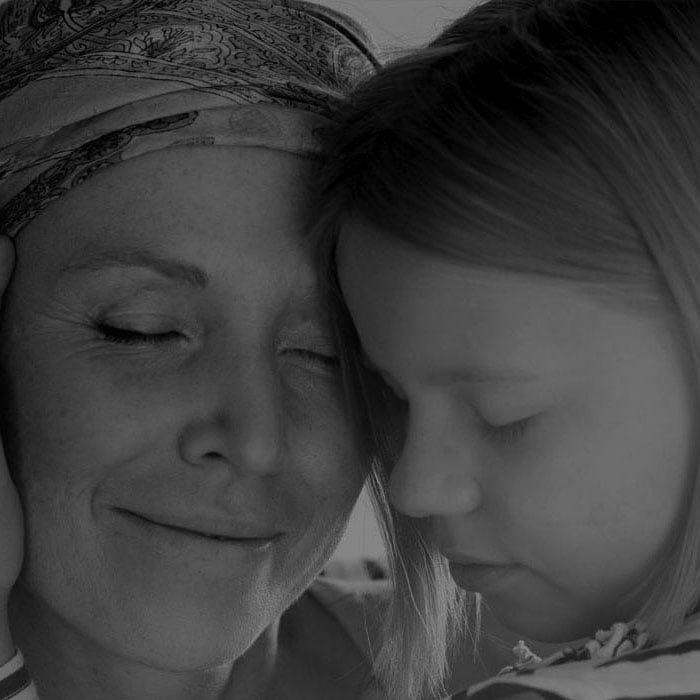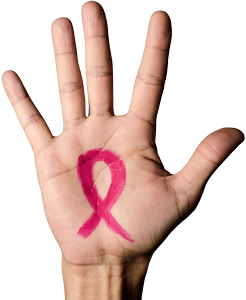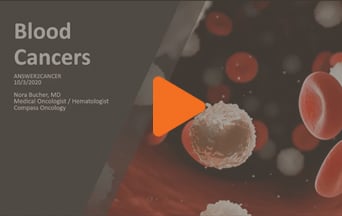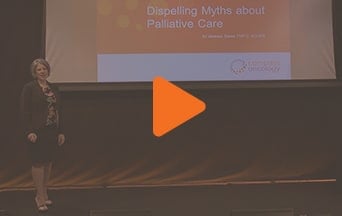

Because I Love My Husband


Because I Love My Friends


Because I Love My Family


Because We Love Our Patients
We offer comprehensive cancer care from leading oncologists with the latest technology.
Because we love our patients
Cancer patients know they need effective treatment delivered with compassion, so they seek out comprehensive care that they can trust. They love their families and friends, so they take the decision about where they will go to get what they need and deserve very seriously. And the hundreds of men and women who care for our patients at Compass Oncology show up every single day to deliver the highest quality of care possible because, well, we love our patients.
At Compass Oncology, we know a cancer diagnosis can be life-changing. Our caring team of professionals delivers unparalleled cancer treatment and leading research while giving patients the best personal experience possible. We know our patients’ names and faces, their stories, struggles, and their victories. We know because we are there with them every step of the way.
ADVANCEMENTS IN BREAST CANCER
Discover the most recent developments in breast cancer research and treatment directly from the providers at Compass Oncology.


Compass Talks features the providers at Compass Oncology speaking about cancer care, including preparing for cancer treatments, the basics of cancer, raising awareness, and the most recent developments in cancer treatments.
VIEW ALL TOPICS












Treatment for All Cancers and Blood Disorders Throughout Portland-Vancouver
Our cancer doctors provide patients with personalized cancer care and the latest options for treatment. Understanding a cancer diagnosis before seeing one of our oncologists or hematologists can be helpful.
Breakthrough Cancer Research & Clinical Trials at Compass Oncology
Our oncologists are highly trained in the most recent advancements in cancer care, offering a full range of oncology services including access to cancer research trials.





